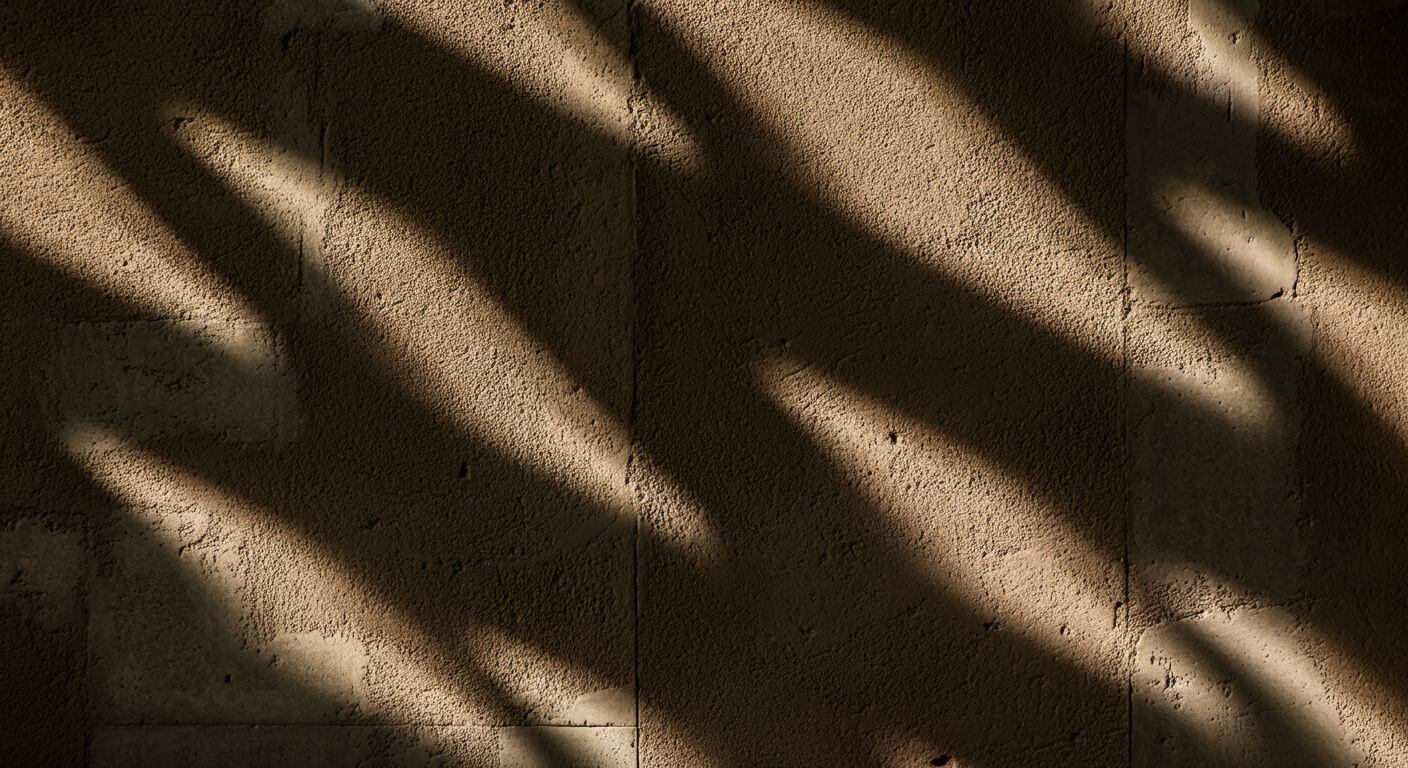
Knowledge must be accessible to all. My commitment to scholarship and research is underpinned by a desire to ensure that my research is accessible and is used as a tool for positive change. Here, you will find some creative projects that I’ve worked on
Podcasts
Legacies of the War on Terror with Surviving Society
In these episodes, we tackle complex questions concerning how the War on Terror became a War *of* Terror for many negatively racialised communities over the past 21 years.
Through expert knowledge and the recalling of key events, we’ll be speaking with academics and activists who are pushing back against the War on Terror’s carceral logics. Executively produced and hosted by Dr Shereen Fernandez. Funded by CIVICA.
Leaking Guantanamo
Guantanamo Bay prison leaks. Parts of it are overgrown with weeds. And yet, as of today, 36 detainees still remain imprisoned within its leaking walls. How did the United States of America come to erect this gruesome, derelict, but still operational prison on Cuban soil? In this episode, Shereen Fernandez, tells the story of how the crimes of Guantanamo Bay prison are part of a longer history of American imperialism and racial exclusion.
As we will hear, it is also a story of the true crimes of capitalism and privatisation. We’ll learn how big corporations like Kellogg Brown & Root and Mitchell Jessen and Associates have raked in profits off of the detainees' suffering, sustaining GTMO in a state of total disrepair and piloting enhanced interrogation techniques on its prisoners’ bodies. The former detainee Moazzem Begg, and the academic Lisa Hajjar, paint Shereen a vivid portrait of what it is like to be within Guantanamo, making an irrefutable case for why this criminal prison must be shut down.
The securitisation of Muslims in Britain
Creative project with Maslaha [funded by ESRC postdoctoral fellowship]
The securitisation of Muslims is a pressing issue nationally in the UK and globally. Nation-states use the language and practices of counterterrorism in the Global North and South to justify their continued repression of marginalised groups. This is a crucial point that demonstrates how widespread counterterrorism practices are and how they change how Muslims are conceptualised.
In the UK, exceptionalism has become the norm, as the flagship counter-extremism programme known as the Prevent Duty is now a statutory requirement in public sectors. From schools to GP surgeries to the intimate space of the therapy session, frontline workers are now trained to report individuals they deem vulnerable to extremism. Trust erodes in these spaces, and fear of what you may say or how you present yourself overshadows experiences.
In this project, Shereen, in partnership with the organisation Maslaha, consider how the fear of Prevent and counterterrorism measures, in general, is shaping Muslim identity. We focus on schools, healthcare sectors, prisons and homes and locate how Islamophobia penetrates these spaces primarily due to counterterrorism measures and the fear of the Muslim ‘Other’.
Access the project here:

